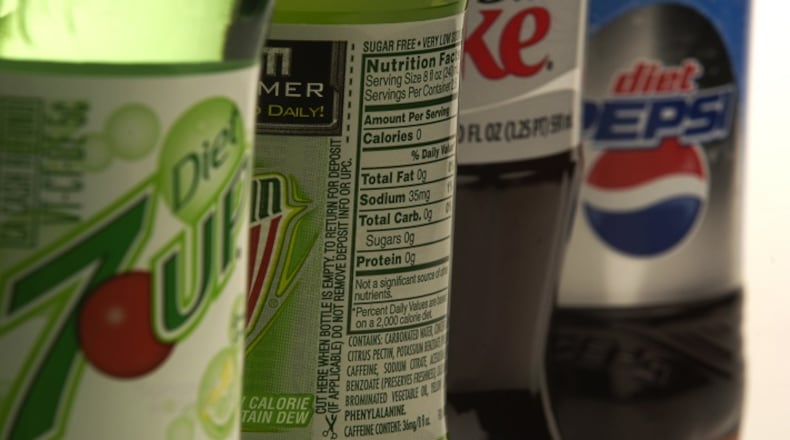Many news articles didn’t reflect this.
The researchers studied nearly 2,000 men and women ages 45 and older for stroke and about 1,500 people over age 60 for dementia. They tracked how much and what kinds of soda the subjects were drinking and monitored their health for a decade.
The study determined that drinking sugary beverages was not associated with stroke or dementia. But it found that for people who drank one artificially sweetened soda a day, the risk of stroke or dementia was nearly three times higher than it was for people who consumed less than one diet soda a week.
It’s important to bear in mind that drinkers of sugary sodas may have died from other causes such as heart disease and complications of diabetes, and that’s why they don’t show up in the results section as victims of stroke and dementia. This phenomenon is known as survival bias. Not mentioning it can be misleading.
In a different study by the same researchers, people who drank sugary drinks such as sodas and fruit juice were found to have a smaller brain volume, as well as smaller hippocampi, the two horseshoe-shaped parts of the brain that are crucial to memory. In that study, people who drank sugary drinks were more likely to have memory problems.
The study published in the journal Stroke on April 20 included mostly white Americans, making it tricky to apply the results to people of color who have different genetic and social risk factors for stroke and dementia.
The study emphasizes the “relative risk” of stroke and dementia in people who drink diet sodas. One problem with reporting results using the relative risk is that it can make the likelihood of something happening seem bigger than it truly is. As I’ve said in previous Debunked columns, relative risk tells you how more or less likely a disease occurs in one group compared with another. Relative risk does not tell you the actual likelihood that something will happen to you.
A better measurement is “absolute risk,” which tells your actual risk of developing a disease. Where the relative risk says the risk of dementia and stroke is three times higher in one group, the absolute risk says the actual likelihood of developing stroke and dementia is quite low: 3 percent suffered a stroke and 5 percent developed dementia.
Previous studies have found that artificial sweeteners interfere with good bacteria in the gut and are linked to weight gain and diseases of the veins and arteries.
“To our knowledge, our study is the first to report an association between daily intake of artificially sweetened soft drink and increased risk of both all-cause dementia and dementia because of Alzheimer’s disease,” the researchers said.
This doesn’t mean that sugary sodas are a healthier option. Almost a third of Americans drink one or more sugary sodas or sweetened drinks a day, according to a 2016 report by the Centers for Disease Control and Prevention. Diets high in sugar are linked to heart disease, obesity and diabetes, among other conditions.
While this study didn’t prove that sugary sodas cause stroke and dementia, the scientists did say their results call for more research on the health effects of artificial sweeteners. In the meantime, water is a good option.
About the Author

